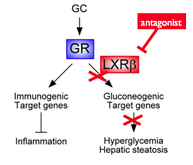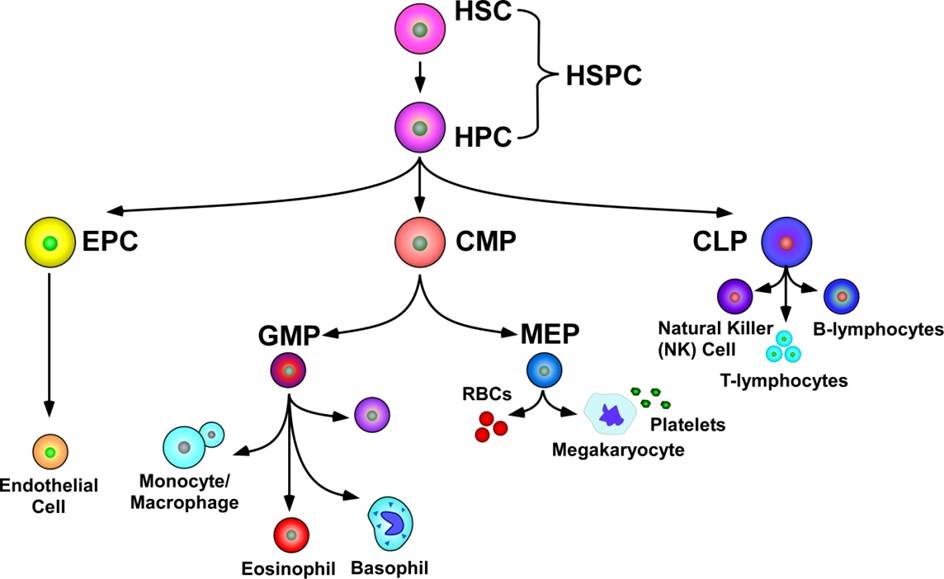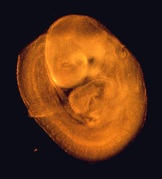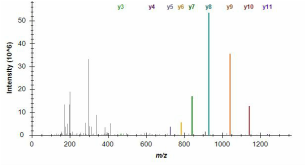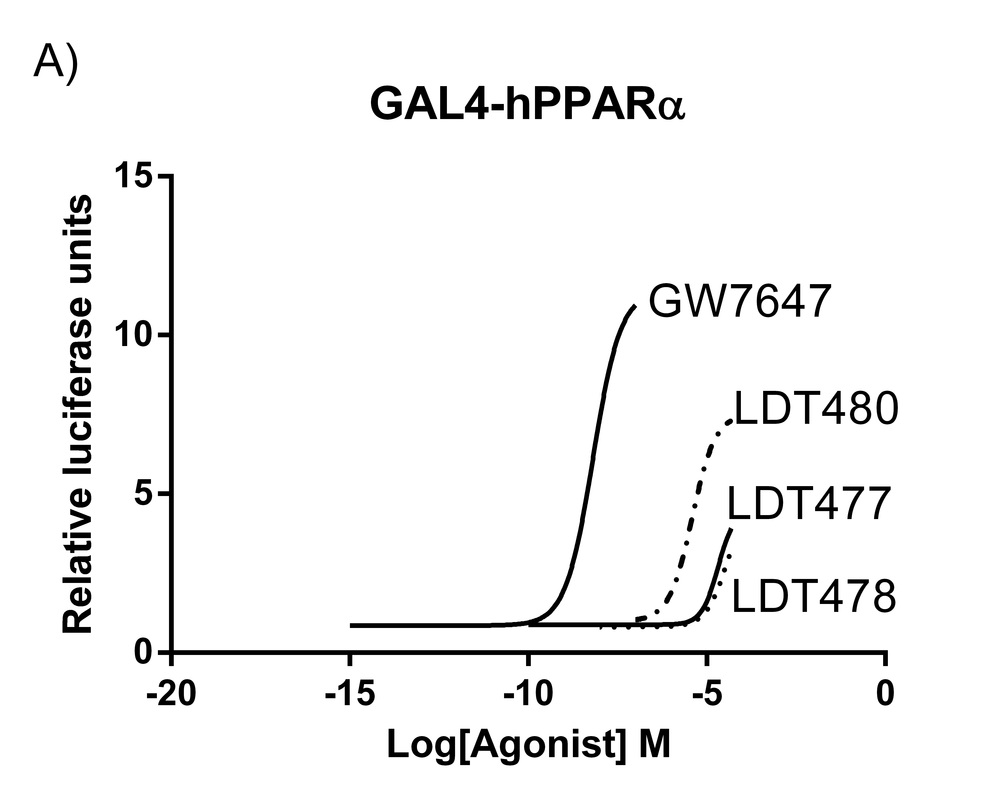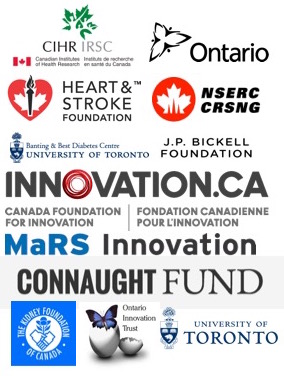Our research focus is to uncover mechanisms by which nuclear hormone receptors—one of the most common therapeutic drug targets—contribute to metabolic diseases like diabetes and dyslipidemia. Our research interests span many areas of nuclear receptor biology including the identification of new ligands and drugs; the study of signaling pathways upstream and downstream of receptor activation; the characterization of novel co-regulatory proteins; and the influence of nuclear receptor modulation on whole animal physiology.
Current Projects
Molecular regulation of glucocorticoid responsive pathwaysOur lab explores molecular factors contributing to glucocorticoid-induced glucose production. We have shown that LXRβ is essential to for glucose production in response to glucocorticoids. This has several important clinical implications, suggesting that targeting LXRβ may be one method to decrease glucocorticoid-induced diabetes and other negative side-effects common to glucocorticoid therapies.
|
Cholesterol and LXRs in vascular disease
Our second focus is on the role of cholesterol and signaling by the LXRs in the microvascular and macrovascular complications of diabetes. We have shown that the loss of LXRs promotes retinopathy and nephropathy. Ongoing studies are exploring whether defective signaling by endothelial progenitor cells may contribute to these conditions and therefore provide a mechanism for drug therapy. We are currently exploring whether the early development of atherosclerosis can be mitigated by LXR activation in bone marrow-derived endothelial progenitor cells.
|
Nuclear receptor coregulators in the coordination of transcriptional activation and alternative splicingThe third focus is on the molecular coupling of nuclear receptors and co-regulatory proteins to RNA transcription and alternative splicing. We identified a novel highly conserved GR co-regulator called ARGLU1 and found that it possesses dual functionality in transcriptional activation and RNA splicing. Using whole-genome analyses, we will establish for the first time, the importance of a GR co-regulator in controlling glucocorticoid-dependent GR activation and alternative splicing.
|
Novel PPAR agonists derived from cashew nut shell liquid for the treatment of metabolic disease Collaborative work with Dr. Luiz Romeiro from the University of Brasilia (Brazil) has uncovered a novel class of PPAR ligand derived from a waste by-product of Brazil's largest export, the cashew nut. Compounds synthesized using the shell's resin as starting material show significant dual PPARα/γ or pan-PPAR agonist activity. Studies are ongoing to determine the in vivo utility of these novel types of agonists for the treatment of hyperlipidemia and insulin resistance.
|
